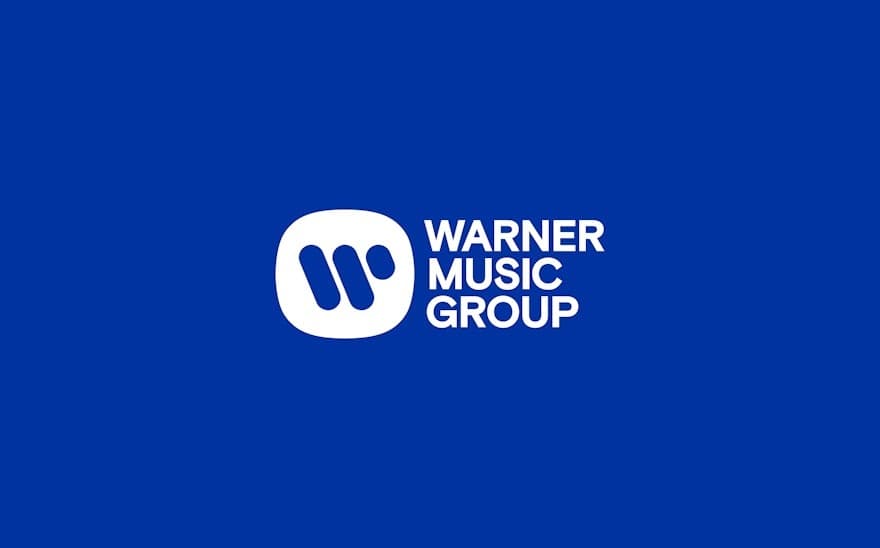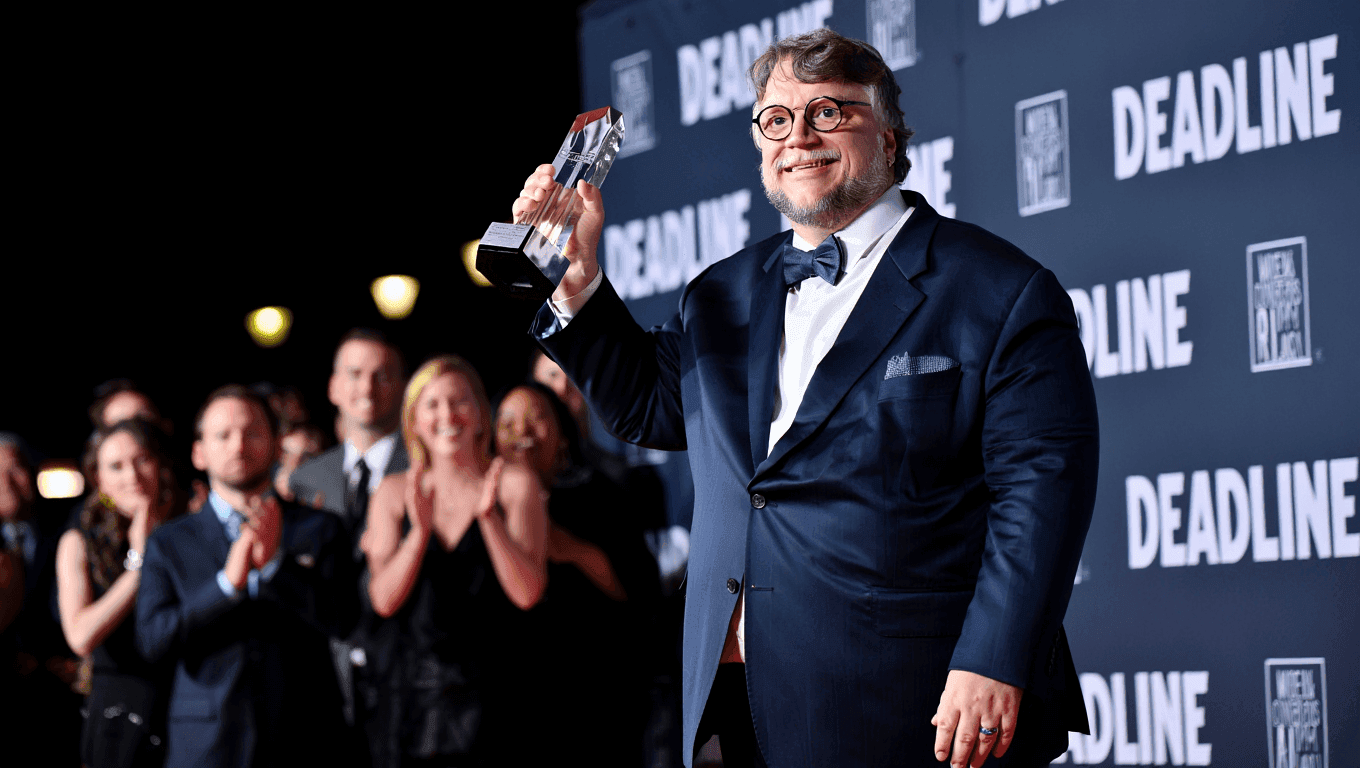Warner Music, Udio Settle Lawsuit, Launch Licensed AI Music Platform
Warner Music Group and AI startup Udio reached a settlement on November 19, 2025 and announced a joint subscription platform that will use only licensed training data for AI assisted music creation. The deal signals a new business model for labels and tech firms, one that aims to monetize generative tools while directing revenue back to rights holders and creators.

Warner Music Group reached a settlement with AI music company Udio on November 19, 2025, resolving a copyright lawsuit and unveiling plans for a subscription based AI music creation platform built exclusively on licensed training data. The agreement, announced by the companies after the suit was dismissed, marks a shift in how major labels and startups are negotiating the legal and commercial architecture of generative music tools.
The platform will offer AI assisted composition and production tools under explicit licensing arrangements, a design intended to ensure that revenues from machine generated works flow back to songwriters, performers and other rights holders. Warner and Udio described the project as a subscription product, positioning it as a commercial service rather than a free experiment that relies on content obtained without permission.
This settlement follows a wave of similar agreements between record companies and AI firms that emerged over the last year, as litigation and public pressure prompted both sides to seek workable frameworks. For labels the deal offers a pathway to monetize a technology that many executives initially viewed as a threat to catalog value and artist compensation. For startups, licensing arrangements reduce legal risk and provide clearer routes to scale by tapping into established catalogs and metadata.
From a performance perspective the platform signals that AI music will be oriented less toward wholesale replication and more toward collaborative augmentation. By training models on licensed material, developers can tune outputs to respect song structures and publishing splits, potentially producing new works that incorporate recognizable artistic signatures while accounting for legal ownership. For creators this could mean new revenue lines from both direct licensing fees and shared royalties tied to derivative uses.
Industry dynamics are likely to change as labels move from adversarial postures to partnership models. Intellectual property holders have leverage in licensing negotiations, and they can impose terms that protect moral and economic rights. At the same time technology firms gain access to high quality datasets that improve creative output and user experience, making subscription services more commercially attractive to consumers and professional creators alike.
Culturally the deal underscores a broader tension between democratization of tools and preservation of artistic labor. AI assisted platforms promise to lower technical barriers to music production, enabling hobbyists and independent creators to experiment with sounds once accessible only to well resourced studios. Yet the emphasis on licensed training data also raises questions about gatekeeping and who controls the templates of popular music.
Socially the settlement could become a model for balancing innovation with accountability. If revenues are meaningfully redistributed, artists and songwriters who feared displacement may instead find compensation streams tied to the new economy of generative content. Conversely, restrictive licensing or high subscription fees could limit access for under resourced creators and entrench existing industry power.
Warner and Udio’s agreement is not the end of debate over AI and creativity, but it is an important turning point. By converting a courtroom confrontation into a commercial partnership, the deal signals that the future of music will be negotiated in licensing agreements as much as in code.


